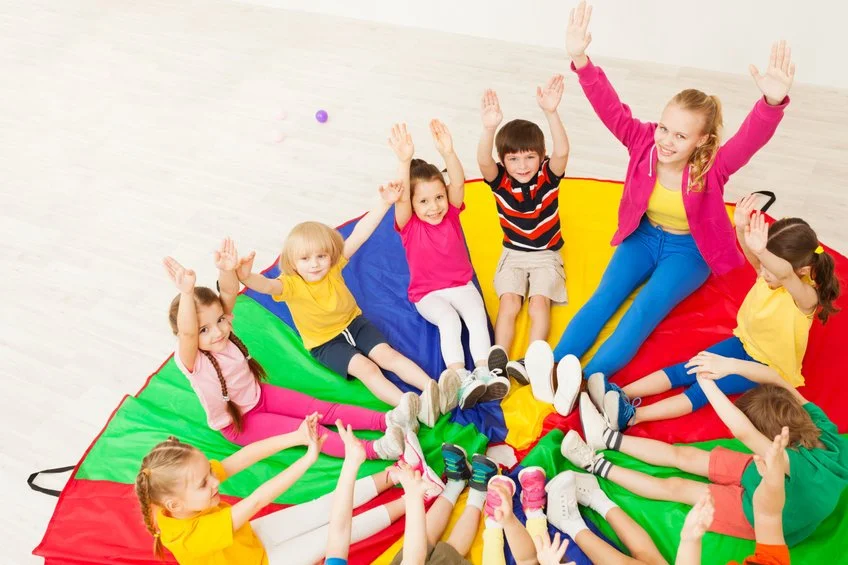Last week I mentioned that classrooms filled with joyful learning for all children and minimal challenging behavior are created by Transformational Teacher-Leaders....NOT by burnt out workers.
Now, how do you know the difference between an early childhood educator in the burnt out “worker” mindset versus the Transformational Teacher-Leader mindset when it comes to behavior and beyond?
Transformational Teacher-Leaders recognize the need to advocate and lead.
Maybe sometimes, they bend the rules, they innovate, and they use an approach to challenging behavior that combines the best and most actionable research-based recommendations with the “folk wisdom” of decades of early educators and from their own experience.
It’s the “folk wisdom” part that I want to talk to you about today.
What is folk wisdom?
Webster didn’t want to discuss it so let’s go with the Collins British English definition...
folk wisdom (fəʊk ˈwɪzdəm) NOUN
wisdom or beliefs associated with or traditional to the ordinary people of a country
However, it’s not just countries that can have folk wisdom! Professions and groups of people united by a common interest can also have a shared folk wisdom.
For example, singing songs for clean-up and other transitions is an early childhood practice that crosses many settings (not all!) and that most of us learned on-the-job from co-workers, not from college courses or formal training.
Other examples of early childhood folk wisdom include: fingerplays to teach rhyming, puppets to teach social-emotional skills, and movement songs or simple games to teach direction-following.
What’s one thing you learned on-the-job, from co-workers, passed down from the early childhood teachers of yore? What folk wisdom do you want to pass on?
Let me know in the comments below.

